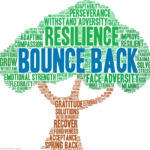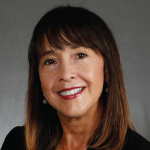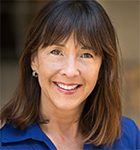Making time for fun activities that are non-work related also helps reduce stress and prevent burnout. Simple things like watching a movie with family or taking a walk somewhere new can go a long way, Dr. Hassett says. Similarly, finding time to spend with friends—even if that time is spent in a virtual hangout online—is important to self-care.
“This pandemic requires isolation, but the very thing humans need to thrive is contact and social support,” Dr. Hassett says. “We all need to be creative in how we connect in this singular time.”
Tools and resources do exist that can be used to address stress and support self-care. These include apps for guided imagery and mindfulness meditations, such as Insight Timer or Calm, and positivity resources, such as Super Better (a game for boosting resilience) and the Good News Network (a source of uplifting stories and good news). The ACR has also been posting regular news updates during the COVID-19 pandemic to keep rheumatologists and rheumatology professionals up to date as the situation evolves.
Finally, recognizing the importance of what the medical community is accomplishing during this pandemic is important. There’s a renewed and growing appreciation of medical providers in the world, and focusing on that life’s purpose can be healing, Dr. Hassett says. “Recognizing this support and appreciation is so meaningful right now.”
Kimberly Retzlaff is a freelance medical journalist based in Denver.



